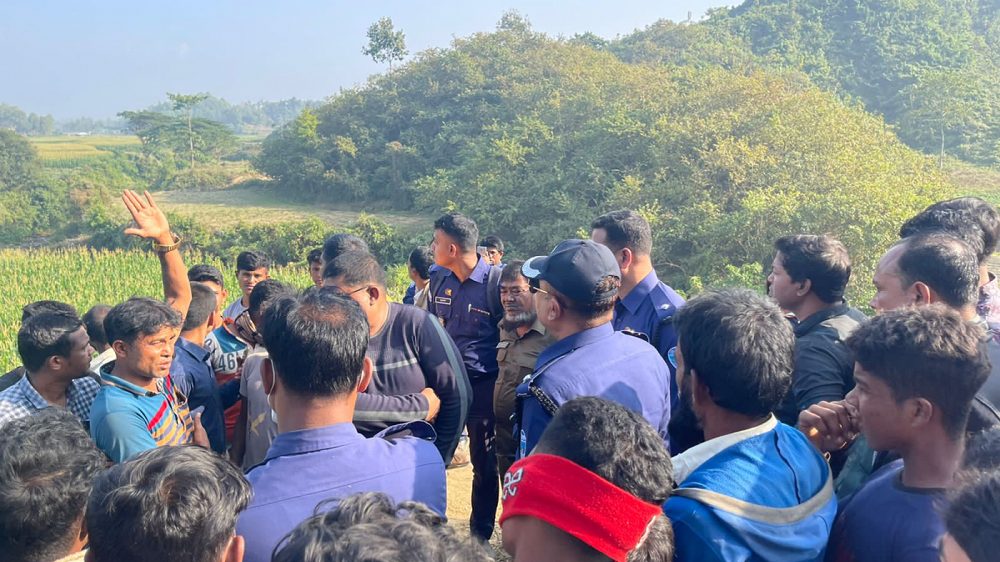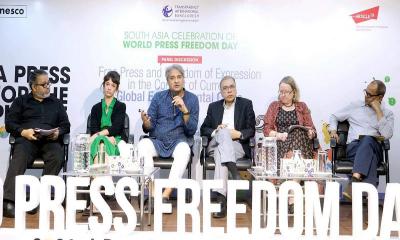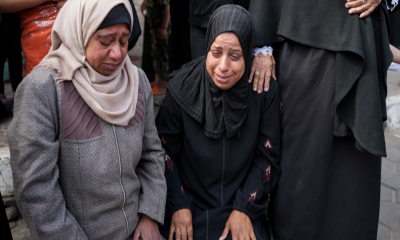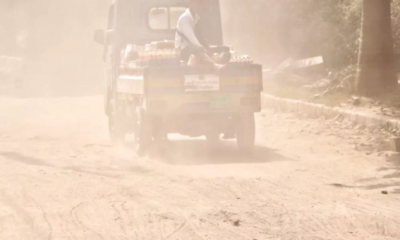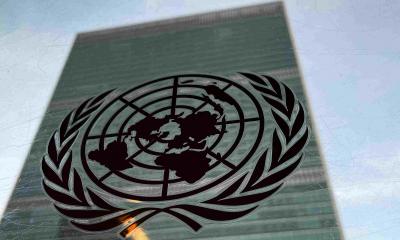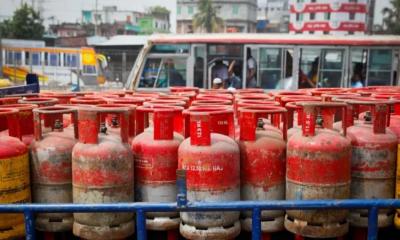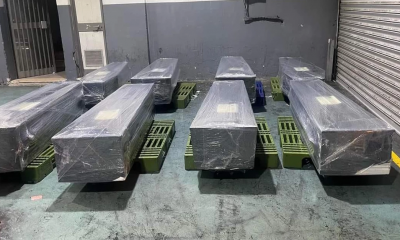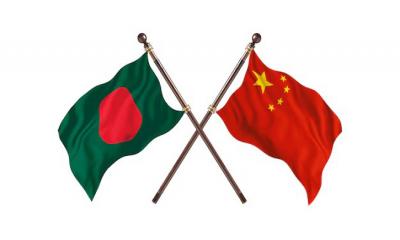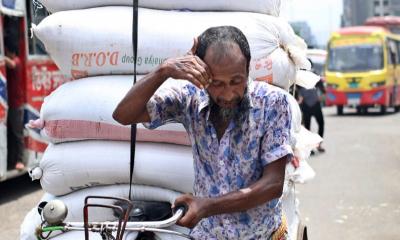Human Rights Watch has alleged that the Bangladesh's Armed Police Battalion (APBn) is committing extortion, arbitrary arrests, and harassment of Rohingya refugees already facing violence from criminal gangs and armed groups.
The organisation released a report on Tuesday stating that donor governments should press the Bangladesh authorities to investigate alleged abuses against Rohingya living in refugee camps in Cox's Bazar, ensure that victims have effective remedies, and develop measures to better protect refugees.
The Armed Police Battalion took over security in the Rohingya camps in July 2020. Refugees and humanitarian workers report that safety has deteriorated under the APBn's oversight due to increased police abuses as well as criminal activity. Some refugees allege collusion between APBn officers and armed groups and gangs operating in the camps, reads the HRW report.
"Abuses by police in the Cox's Bazar camps have left Rohingya refugees suffering at the hands of the very forces who are supposed to protect them," said Shayna Bauchner, Asia researcher at Human Rights Watch. "Bangladesh authorities should immediately investigate allegations of widespread extortion and wrongful detention by Armed Police Battalion officers and hold all those responsible to account."
Human Rights Watch interviewed more than 40 Rohingya refugees in October and November 2022 and reviewed police reports, documenting more than 16 cases of serious abuse by APBn officers. These included abuses against 10 refugees who were detained on apparently fabricated grounds for trafficking yaba, a methamphetamine drug, or for violence-related offenses. Human Rights Watch and others have long documented the common practice by Bangladesh security forces of framing suspects with drugs or weapons.
Almost every case Human Rights Watch investigated involved extortion either directly by APBn officers or communicated through majhis, the camp community leaders, says the organisation. They said, police generally demanded Tk10,000-40,000 ($100-400) to avoid arrest, and Tk50,000-100,000 ($500-1,000) for the release of a detained family member. Families often had to sell gold jewelry or borrow money for bribes or legal costs. Many worried about the harm to their reputation.
The detailed HRW report can be found here.


